
Europe’s growing return to traditional architecture reflects more than aesthetic preference—it signals a broader struggle over identity, democratic legitimacy, and civic morale, speakers argued at a Danube Institute panel in Budapest. The discussion highlighted public resistance to modernism, the cultural meaning of restoration, and Budapest’s reconstruction as a model for Europe’s architectural renewal.
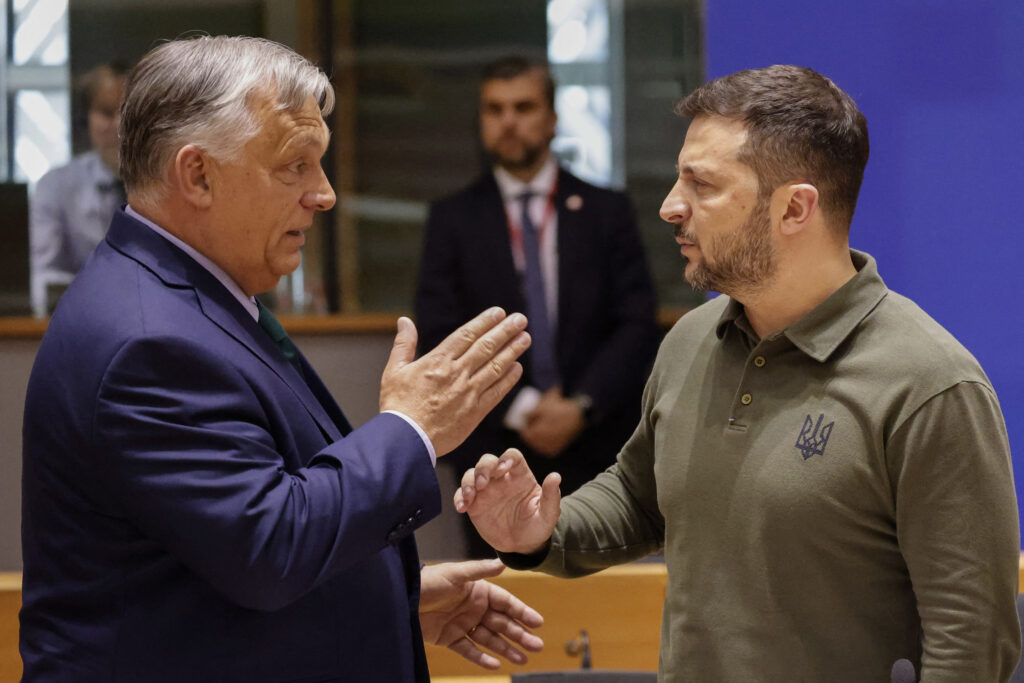
Prime Minister Viktor Orbán accused Ukraine of ‘blackmailing’ Hungary by halting oil transit through the Druzhba pipeline, warning that Kyiv and Brussels are applying growing pressure to force Budapest into a pro-war European coalition. Hungary has halted diesel exports to Ukraine in response while insisting its own energy supply remains secure.

A transgender gunman opened fire on his own family during a high school hockey tournament in Rhode Island on 16 February, killing two people and critically injuring three others before taking his own life. The attack follows several recent North American cases involving transgender perpetrators, adding to concerns about a growing pattern of extreme violence.
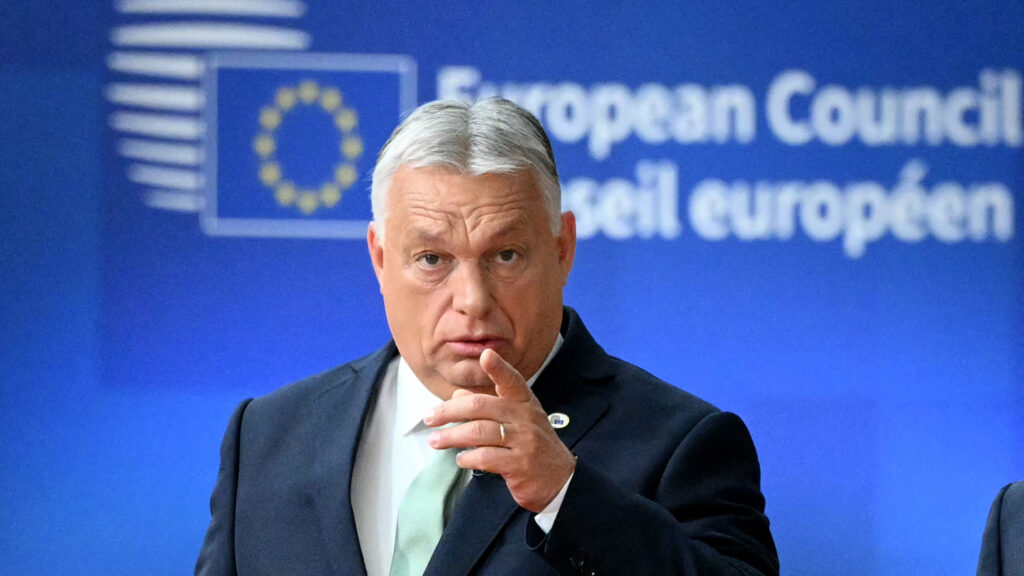
Hungarian Prime Minister Viktor Orbán’s Fidesz–KDNP alliance would win comfortably if elections were held this Sunday, according to a new poll by the Center for Fundamental Rights. The findings suggest the governing parties have stabilized their lead ahead of April’s vote, reinforcing momentum built on geopolitical firmness and perceptions of steady governance.
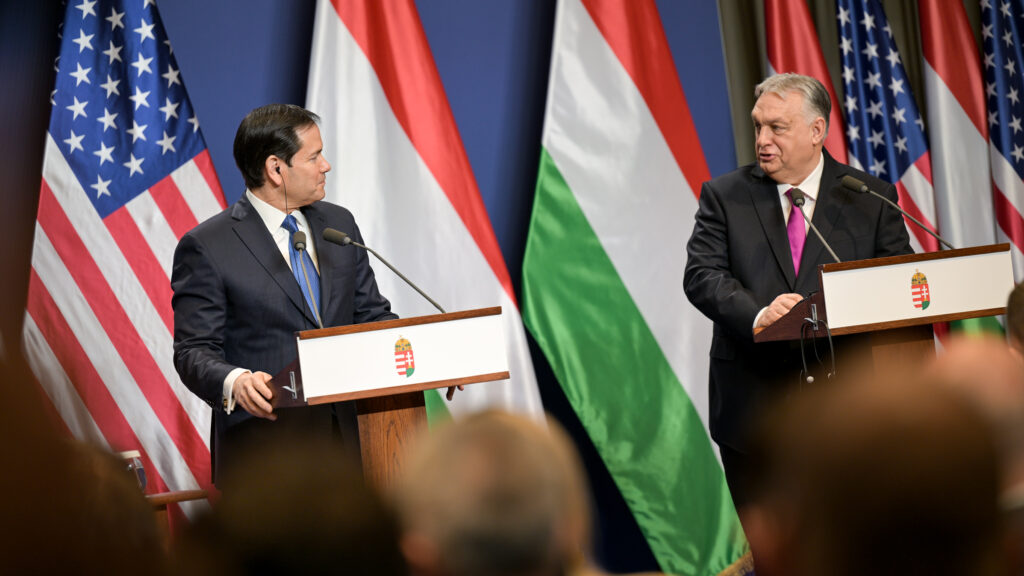
Standing beside Viktor Orbán in Budapest, Marco Rubio praised the Hungarian prime minister’s role in advancing US interests and pledged a financial protective shield for the country, saying Hungary should thrive ‘as long as you’re prime minister’. The remarks, coupled with the signing of a key nuclear deal between the two countries, signal firm support from the Trump administration ahead of Hungary’s closely watched April elections.
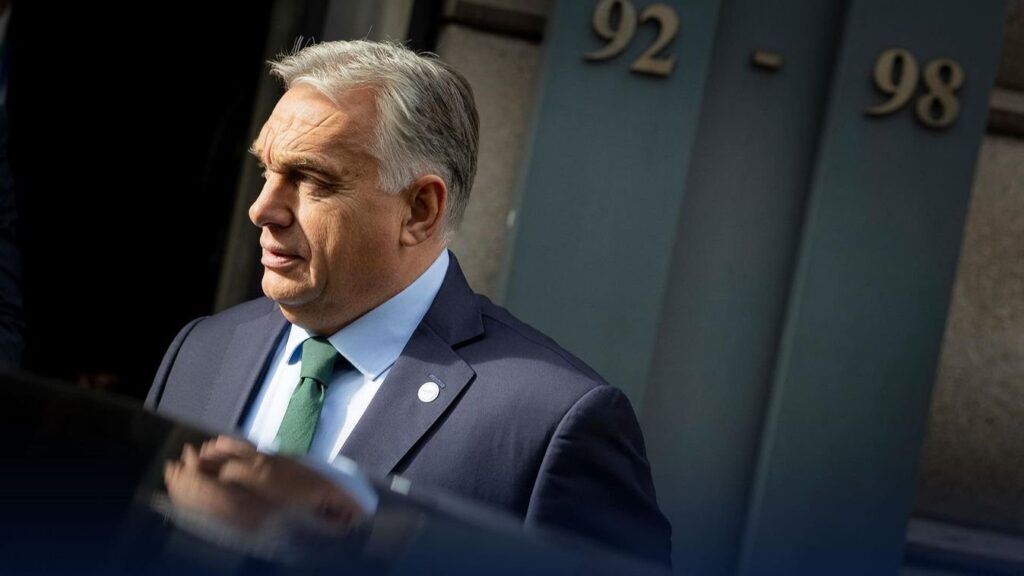
Volodymyr Zelenskyy sharply criticized Viktor Orbán for blocking Kyiv’s EU accession during remarks at the Munich Security Conference, intensifying an already strained relationship between Ukraine and Hungary. In response, the prime minister condemned the political attacks directed at his government ahead of the parliamentary vote in April, stressing that Kyiv is directly interfering in Hungary’s electoral process.

Dutch conservative influencer Matthias Victorian, known as Code Victorian, has emerged as a rapidly growing voice of Europe’s new right, blending traditional aesthetics with unapologetic nationalist politics. Speaking in Budapest, he warned that mass migration, cultural decline, and ideological division threaten Europe’s very survival—making Hungary a rare stronghold of civilizational resistance.
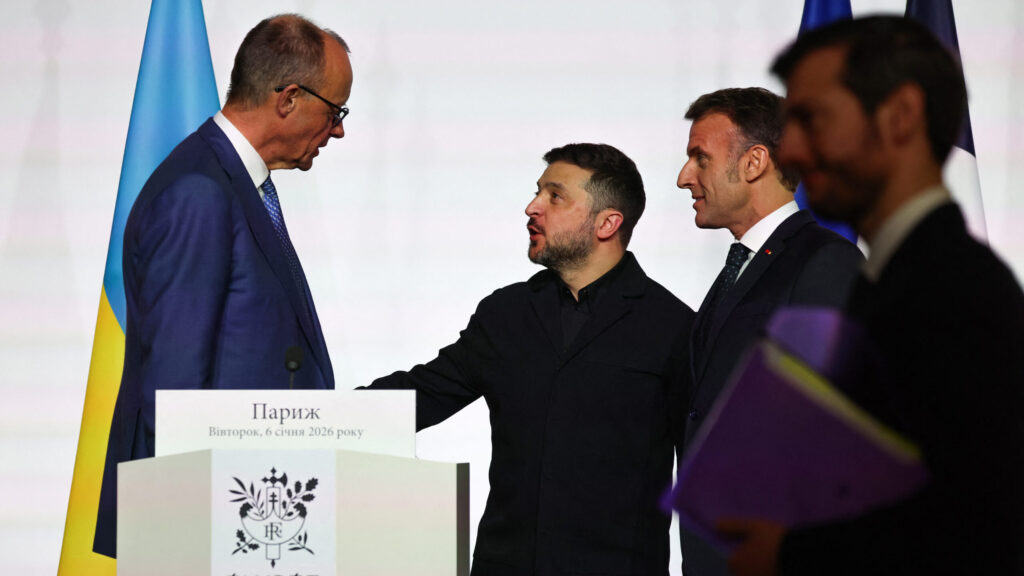
New data from the Kiel Institute reveal a decisive turning point in the Ukraine war: Europe, not the United States, has become Kyiv’s primary military and financial backer. As Washington scales down support under Donald Trump, European governments are assuming the burden—transforming the conflict from a mainly American proxy war into Europe’s own geopolitical and economic responsibility.
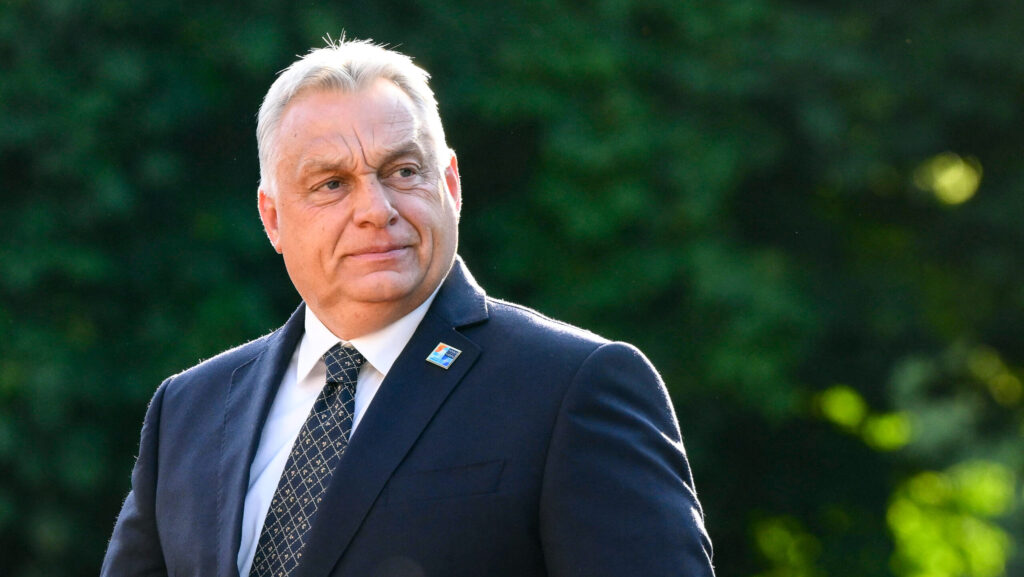
Hungarian Prime Minister Viktor Orbán has condemned Brussels’s reported plan to fast-track Ukraine into the European Union by 2027 as ‘an open declaration of war’ against Hungary. He warned that proposals to remove his veto—through electoral change or stripping Hungary’s voting rights—amount to a direct assault on national sovereignty and democratic choice.

A transgender teenager who had identified as a woman since 2023 killed ten people and wounded at least 35 in a mass shooting at Tumbler Ridge Secondary School in British Columbia, Canada. Reports that the perpetrator kept guns at home and shared shooting videos on a transgender-themed gun forum are intensifying alarm over the dangers of transgender ideology to young people and society.

China is preparing to deploy humanoid patrol robots at a major border crossing with Vietnam, marking a striking new phase in the integration of artificial intelligence into real-world security infrastructure. The development also carries clear implications for Europe, where mounting migratory pressure is already accelerating the adoption of AI-driven surveillance and automated border protection tools.
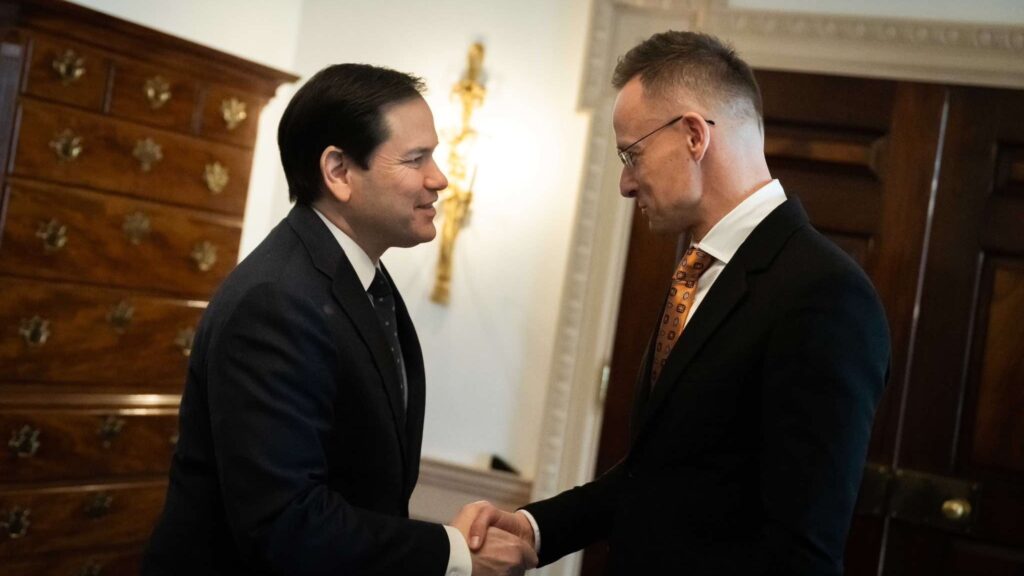
US Secretary of State Marco Rubio will travel to Budapest after the Munich Security Conference to meet senior Hungarian officials for talks on peace initiatives, regional security, and energy cooperation. The announcement follows Viktor Orbán’s planned Washington trip to attend the inauguration meeting of Donald Trump’s Board of Peace.
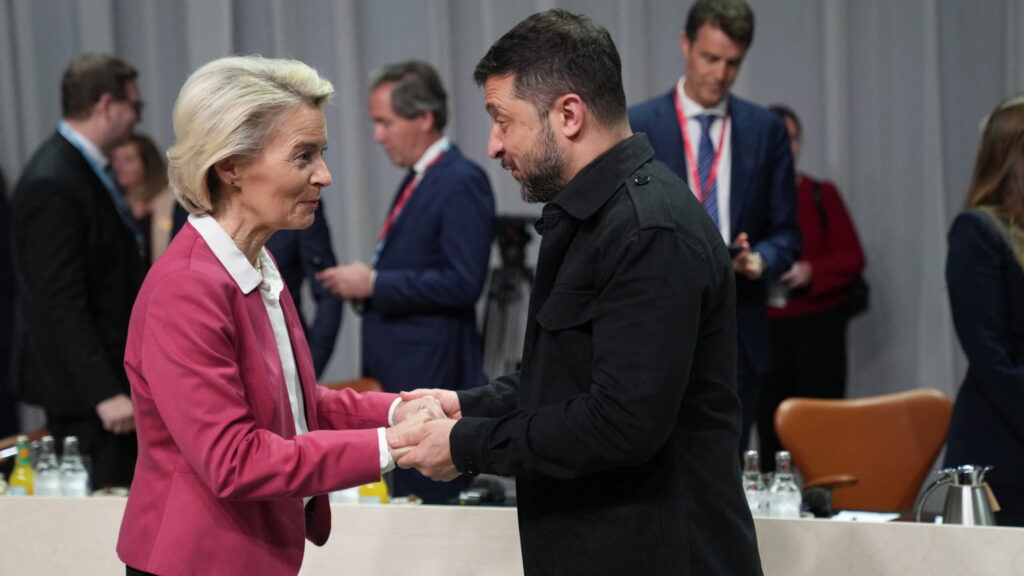
Hungary was widely mocked a year ago for warning that Brussels planned to fast-track Ukraine’s EU accession. Now, POLITICO Brussels has outlined a concrete roadmap to bring Kyiv into the bloc by 2027—including waiting for Viktor Orbán’s removal or even stripping Hungary of its voting rights—confirming fears once dismissed as conspiracy.

The third Budapest Global Dialogue kicked off on 9 February with an opening panel warning that censorship, supranational pressure, and ideological regulation are eroding democracy across the West. Speakers including Balázs Orbán and US Under Secretary Sarah B Rogers argued that free speech and national sovereignty now stand at the centre of a widening transatlantic political struggle.
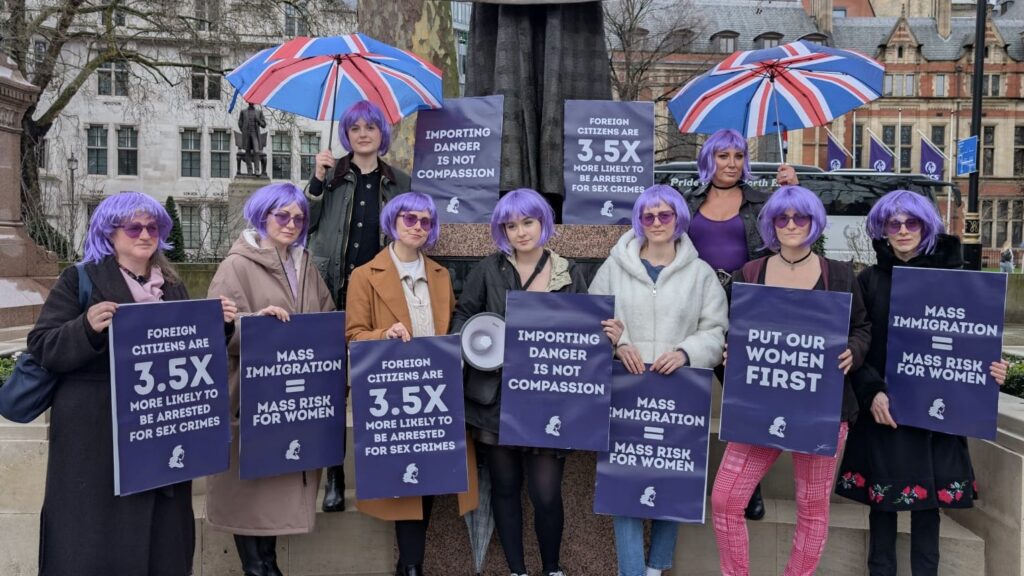
Activists from the UK-based Women’s Safety Initiative took to the streets of London dressed as the viral right-wing meme Amelia to protest migrant-linked violence against women. The demonstration turned an online symbol into a real-world political statement and highlighted Amelia’s emergence as a rallying point against Keir Starmer’s government and its attempts to censor dissenting voices.
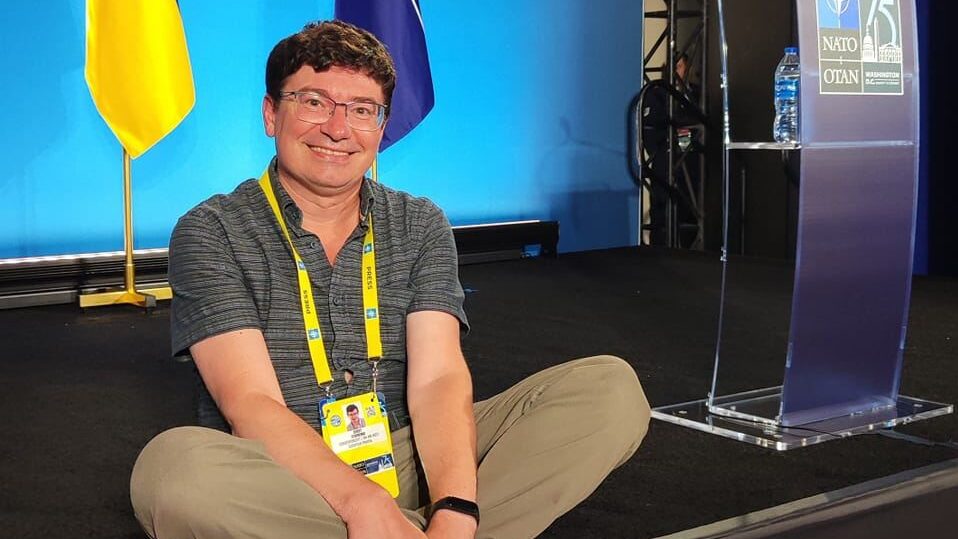
European Pravda editor-in-chief Sergiy Sydorenko launched a public attack on Hungarian conservative media and PM Viktor Orbán after receiving an interview request from Mandiner. He called the outlet ‘vile propaganda’ and urged Ukrainian officials to avoid Hungarian right-wing media. European Pravda is funded mainly by Western sources, including the EU and the National Endowment for Democracy.

The Seattle Seahawks claimed a commanding victory over the New England Patriots in Super Bowl LX, pairing defensive dominance with a historic MVP performance from Kenneth Walker III. Yet beyond the scoreline, the championship night was equally defined by political controversy surrounding the halftime show and its sharp cultural divide across American audiences.
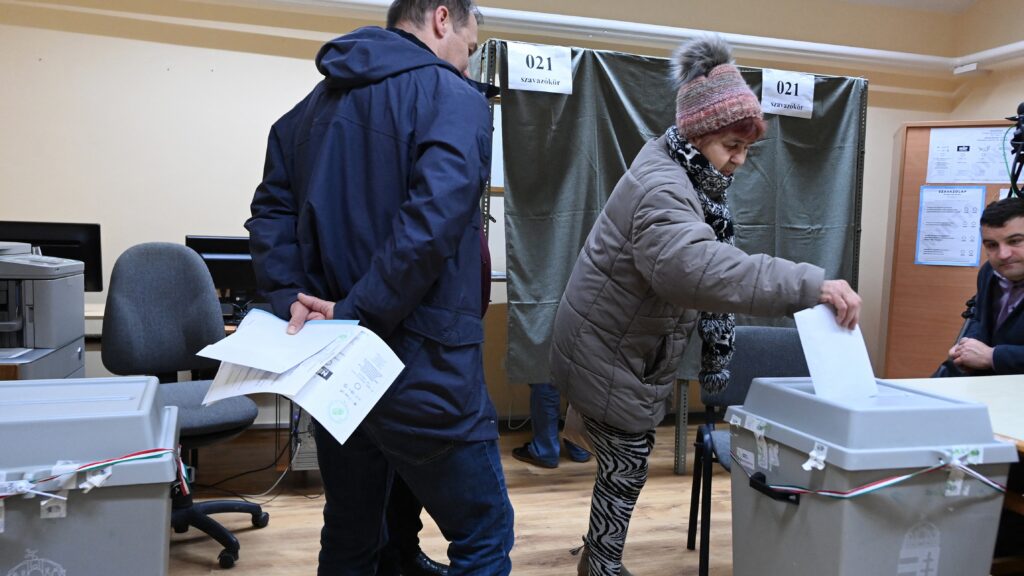
The Hungarian governing Fidesz party’s success in a closely watched Balmazújváros by-election offers a symbolic boost ahead of Hungary’s parliamentary elections. By overturning local paralysis and defeating an opposition-backed challenger, the victory underscores continuing support for Viktor Orbán’s party, contrasting sharply with polling that suggests rising strength for Tisza.
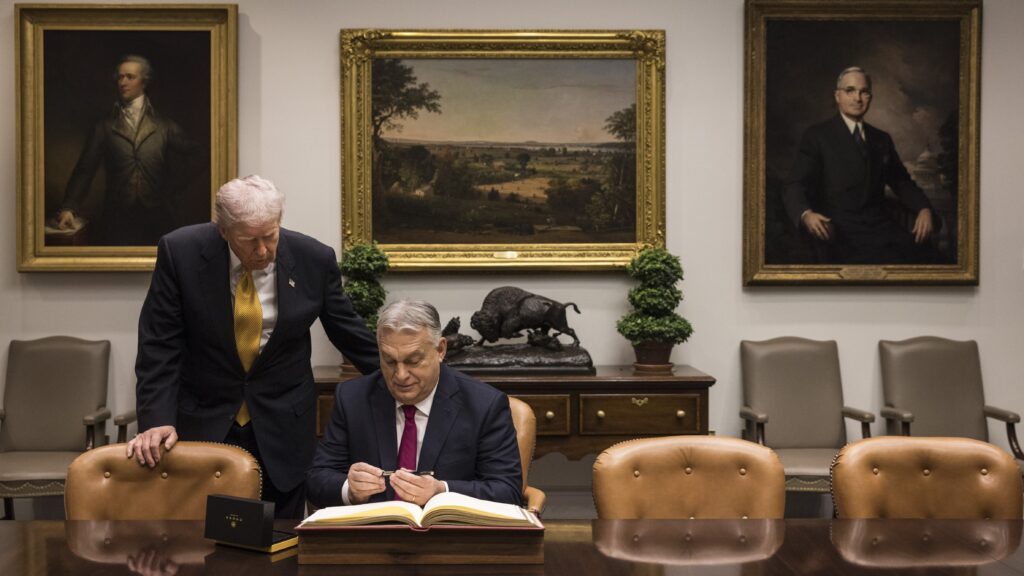
Prime Minister Viktor Orbán has confirmed he will attend the inaugural Board of Peace summit in Washington, where he is expected to meet President Donald Trump. The visit comes amid growing speculation that Trump could travel to Budapest in the near future and follows the US president’s renewed public endorsement of Orbán ahead of Hungary’s upcoming parliamentary election in April.
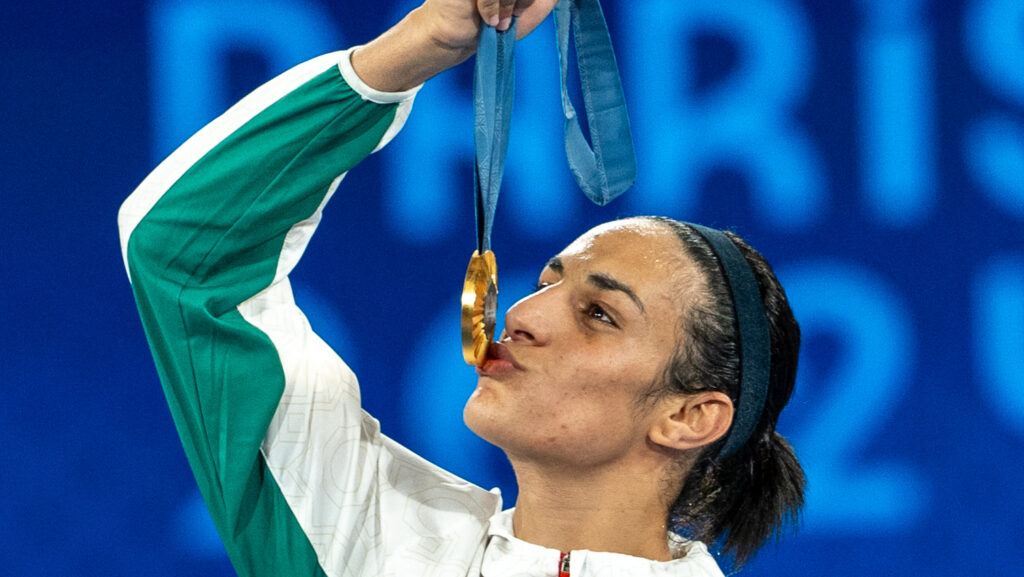
Controversial Algerian Olympic boxing champion Imane Khelif has acknowledged possessing a Y chromosome and elevated testosterone levels, reigniting global controversy over her participation in women’s competition at the Paris 2024 Games.

On the third anniversary of the 2023 earthquakes in southern Türkiye, remembrance is intertwined with renewal. While tens of thousands perished and entire cities collapsed, an unprecedented reconstruction campaign has reshaped the disaster zone, revealing both the depth of the tragedy and the extraordinary determination driving the country’s recovery, setting an example for the whole world.

Mass layoffs at The Washington Post mark more than a corporate restructuring—they signal the accelerating collapse of legacy media’s authority in American public life. As trust, audiences, and revenues plunge, the upheaval reflects a deeper transformation in how citizens consume information and a growing rejection of outlets long tied to the liberal establishment.
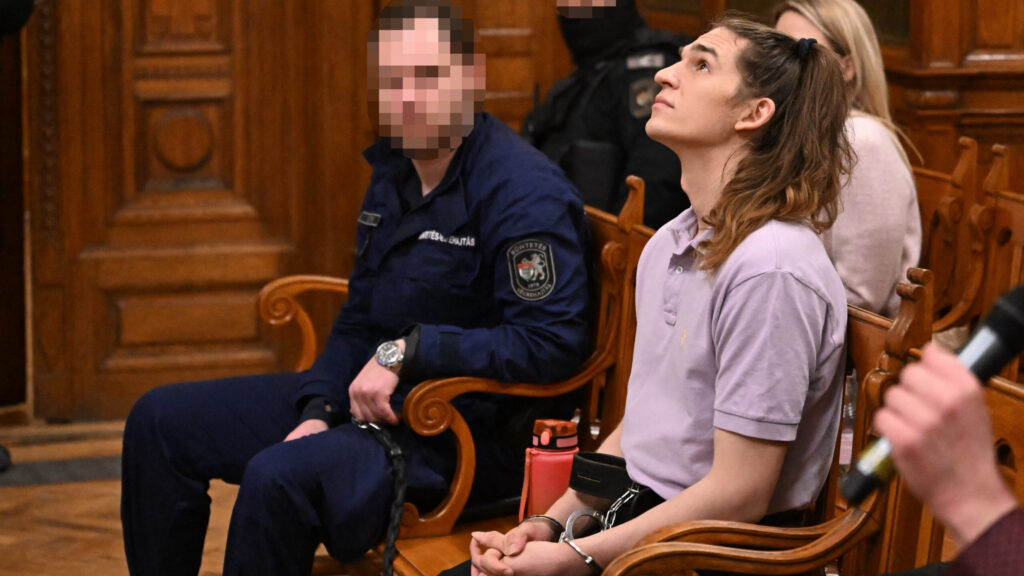
A Budapest court has sentenced German Antifa terrorist Maja T, born Simeon T, to eight years in prison for his role in the 2023 street assaults that left several people seriously injured. Prosecutors described the attacks as coordinated ideological violence, while far-left activists protested the ruling, framing the closely watched case as politically motivated.
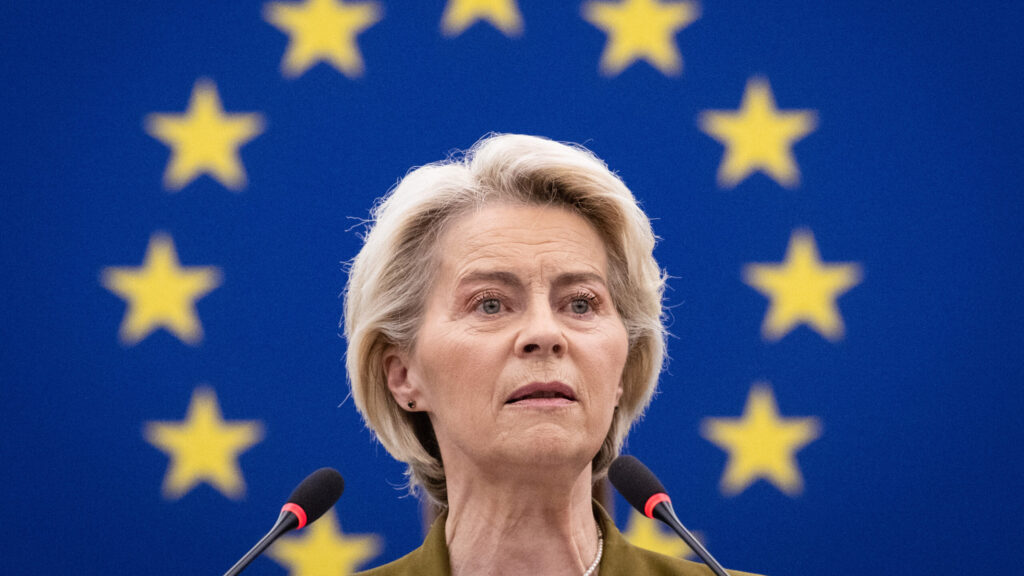
A bombshell report from the US House Judiciary Committee exposes how the EU has spent a decade hijacking the global internet to censor political speech. From the 2023 Dutch elections to the 2024 European Parliament vote, Brussels pressured Big Tech to silence conservative voices.

Ukrainian tennis player Oleksandra Oliynykova sparked controversy at the WTA 250 tournament in Cluj-Napoca after refusing to shake hands or pose for a joint photo with Hungary’s Anna Bodnár during their match. Oliynykova cited Bodnár’s earlier participation in a tournament held in Russia as the reason for rejecting the traditional gestures, drawing a comparison to taking part in a sporting event in Nazi Germany.
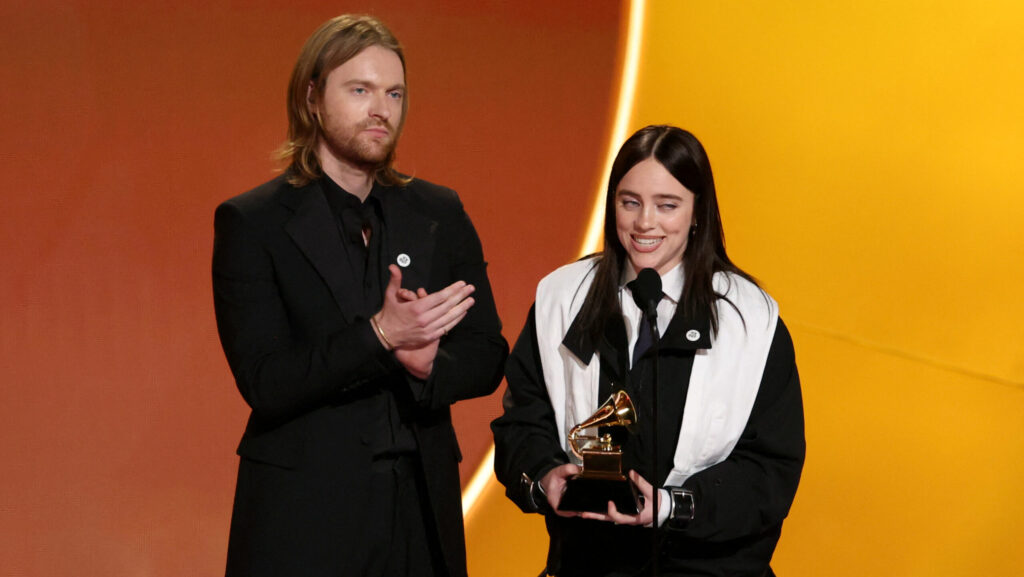
Billie Eilish’s decision to use her Grammy acceptance speech to attack ICE and Donald Trump sparked a fierce reaction from conservative commentators. Her ‘stolen land’ remarks was widely mocked online as another example of celebrity activism collapsing under its own moral inconsistency.
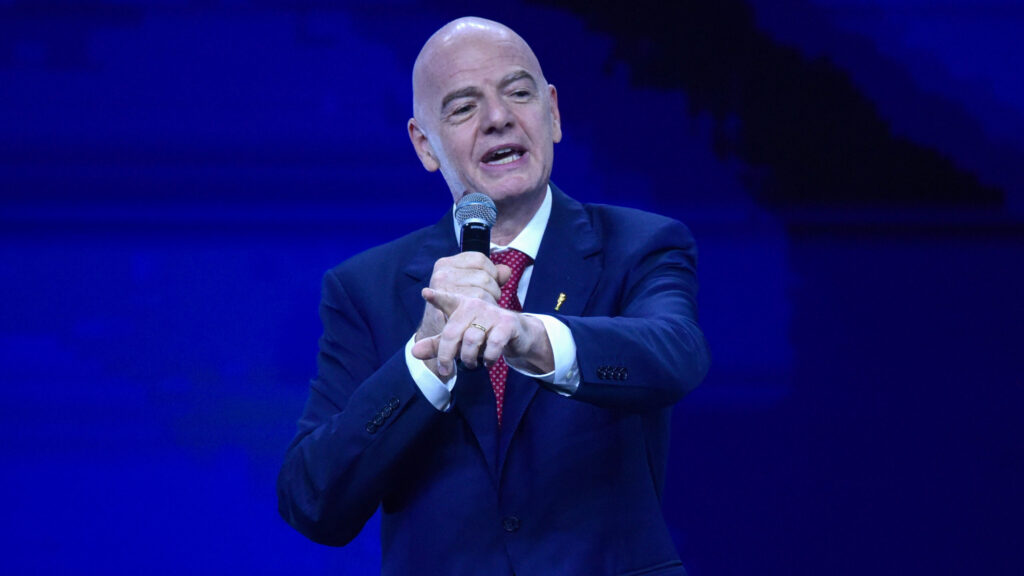
As the 2026 World Cup approaches, FIFA President Gianni Infantino has signalled a shift on Russia’s exclusion from international football. Calling the ban ineffective and counterproductive, he argued that athletes should not be punished for political decisions—a stance Hungary has consistently defended since Russia’s suspension in 2022.
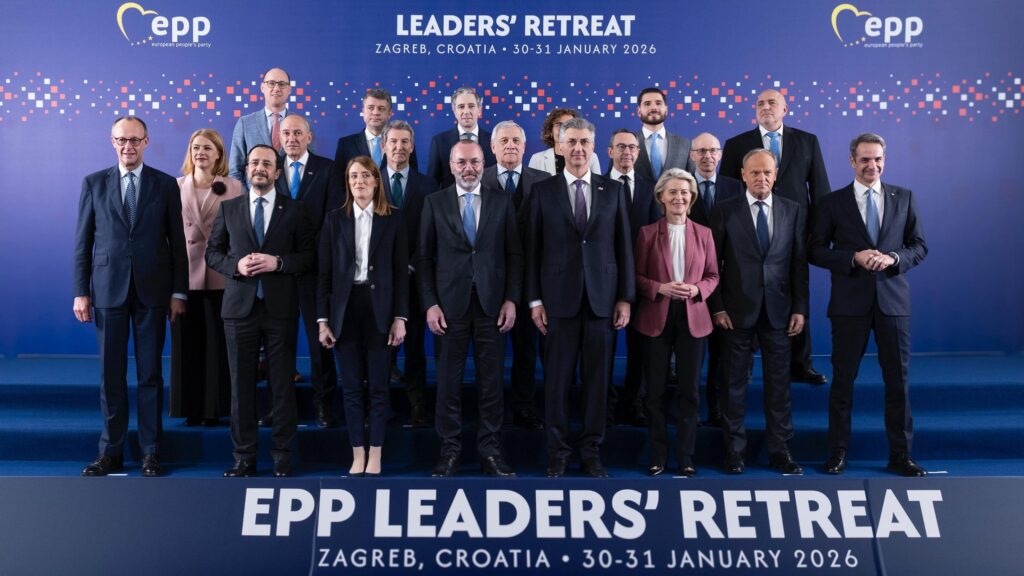
Behind closed doors in Zagreb, the European People’s Party outlined a vision for Europe that would dilute national sovereignty and turn the EU into an increasingly militarized organization anchored to long-term commitments for Ukraine. With Viktor Orbán standing as the main obstacle to this agenda, it is hardly surprising that Brussels is now heavily invested in unseating him ahead of Hungary’s April election.
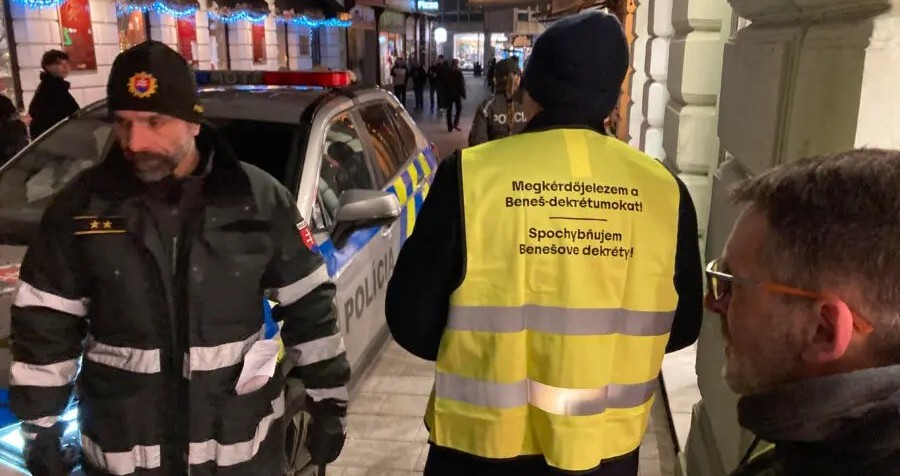
Hungarian Minister for Foreign Affairs and Trade Péter Szijjártó condemned the detention of ethnic Hungarian politician Örs Orosz by Slovak police during a protest against the Beneš decrees in Bratislava, stressing that Hungary rejects the principle of collective guilt and will continue to raise the issue with the Slovak government.
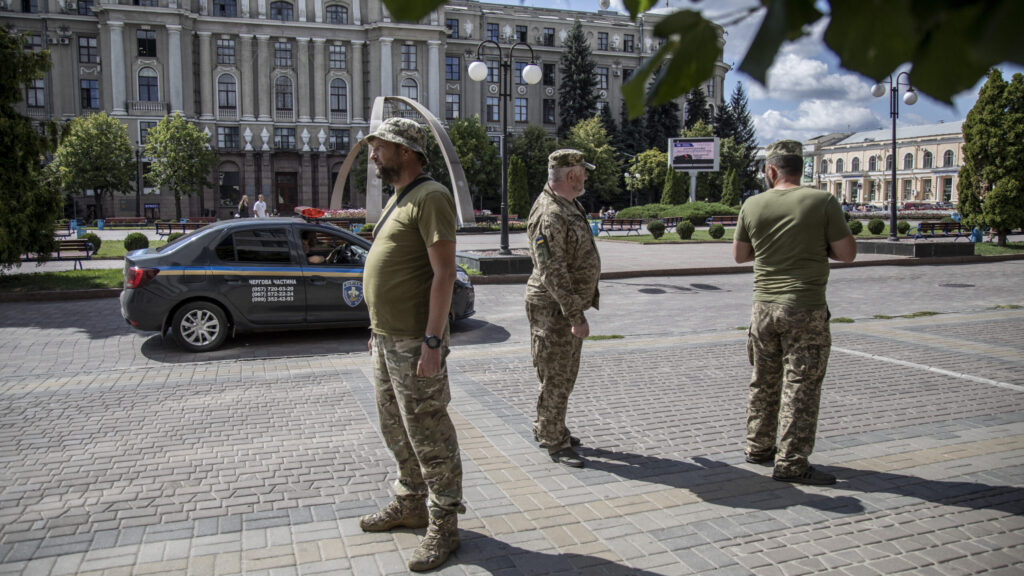
Hungarian officials have condemned the death of 46-year-old Zsolt Rebán, an ethnic Hungarian and EU citizen who collapsed after being forcibly conscripted by Ukrainian authorities despite a documented heart condition. His death has intensified Budapest’s criticism of Kyiv’s mobilization practices and further strained already tense Hungarian–Ukrainian relations.